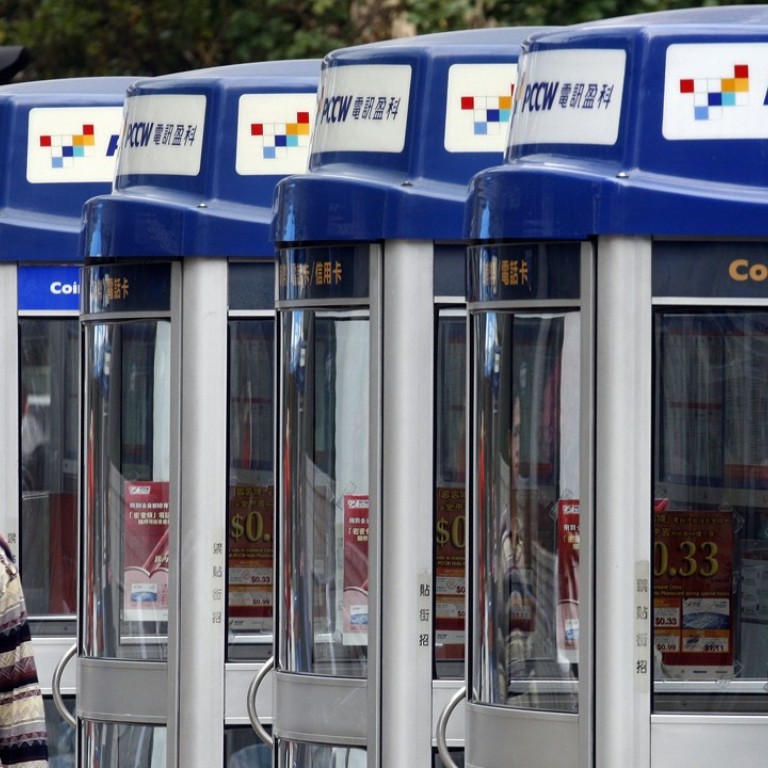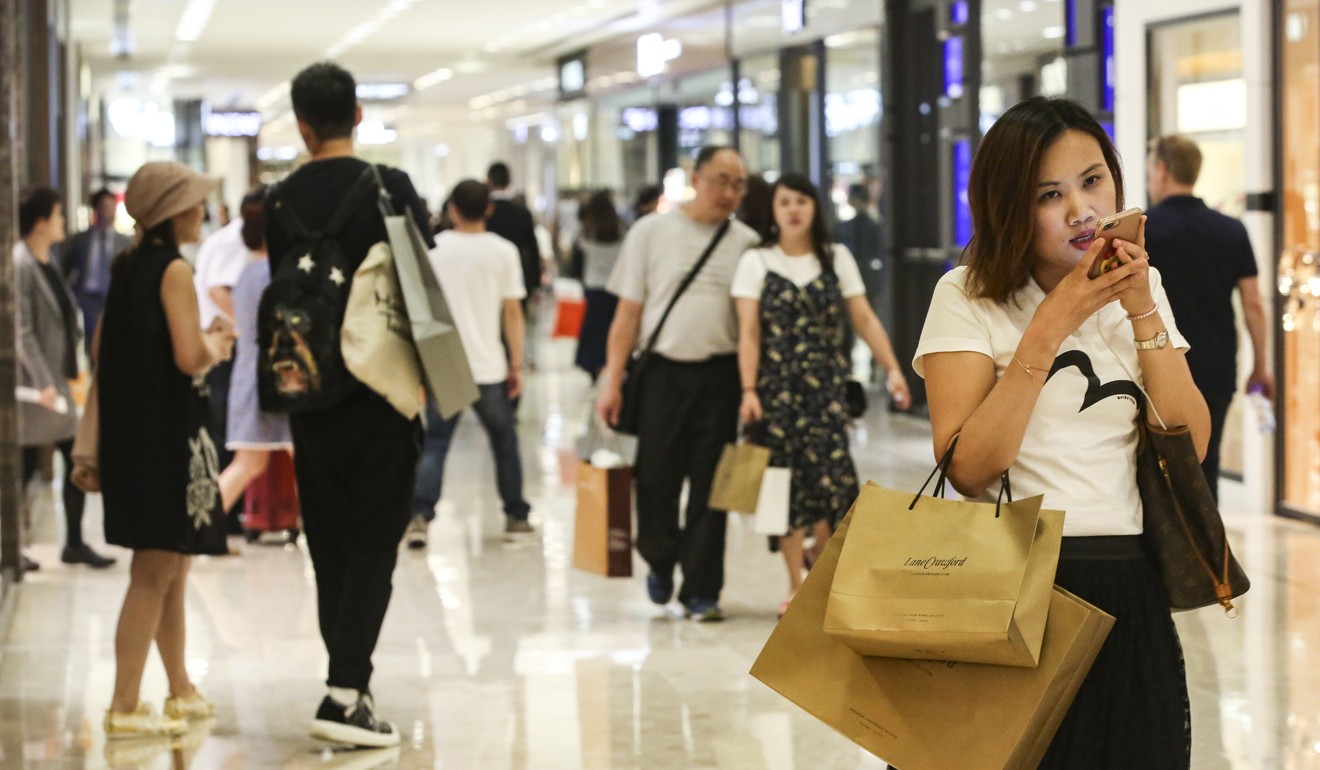
Time to hang it up? Hong Kong Communication Authority considers retiring city’s profitless payphones
Review of the network to focus on the phones that make less than HK$1 per day
The humble payphone may be on its way out as declining usage has prompted the city’s communications watchdog to consider reducing the number across the city.
With more than half of Hong Kong’s 3,400 active payphones generating less than HK$1 in revenue per day, the Communication Authority said on Thursday it would conduct a review of the number and locations of the devices.
An authority spokesman said with mobile phone penetration as high as 238 per cent in the city, the demand for public payphones had waned, with almost all of them unprofitable.
By keeping only those public payphones that are still needed by the public, it will help free up space on the streets and alleviate potential obstruction problems
But despite the usage and profitability of the phones falling to almost nil, operators remain obliged under the city’s Telecommunications Ordinance to maintain a reasonable number of the devices because they are considered a basic service.
The authority’s review, however, will target phones that make less than HK$1 per day and it will not include emergency helplines located in remote areas.
The spokesman said the review was aimed at reducing the number of devices to a more “reasonable level”, therefore reducing the financial contribution required to manage the payphone service.
The city’s largest telecommunications services provider HKT operates the majority of public payphones across the city. However, other operators also contribute financially to maintaining the payphone network. In 2014, the industry contributed HK$21.6 million to the service.

Cutting the number of payphones, the authority hoped, could allow the telecommunications firms to pass on savings to subscribers of fixed and mobile services.
The spokesman said the authority had also received public requests to remove certain public payphones.
“By keeping only those public payphones that are still needed by the public, it will help free up space on the streets and alleviate potential obstruction problems,” he said.
The authority said it would consult relevant stakeholders during the review, which is expected to be completed in 2019.
Of the thousands of phones scattered across the city, 44 per cent are in public facilities and government offices, 46 per cent are in roadside kiosks, and the rest are emergency helplines in areas such as country parks.

